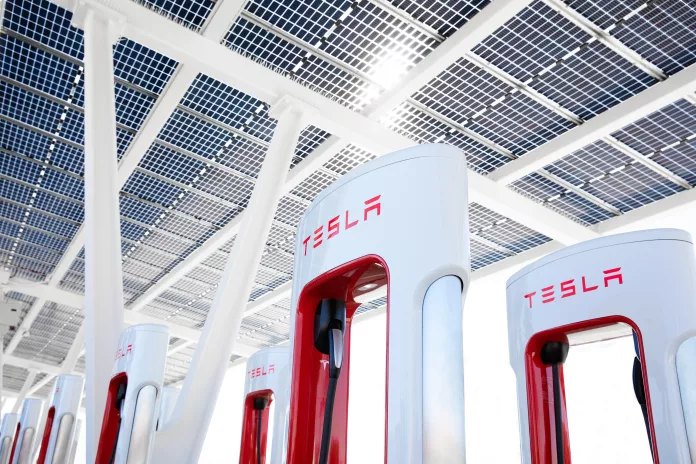With Tesla‘s latest quarterly figures out, the electric vehicle community and investors alike are dissecting the impact of these numbers. The company has reported some impressive stats for the third quarter, mirroring the relentless drive of the EV industry.
Crunching the Numbers
Tesla’s production achievements have surpassed 430,000 vehicles, while their delivery count inches slightly higher, exceeding 435,000 units. Despite a minor sequential dip in volume, the decline is attributed to anticipated factory downtime needed for upgrades—a detail discussed in their previous earnings call. Amidst all this, Tesla maintains its ambitious target of roughly 1.8 million vehicles for 2023.
The Predictive Precision of Troy Teslike
Troy Teslike, recognized for his meticulous tracking of Tesla’s production and delivery figures, had his predictions nearly align with the actuals—estimating just 6,000 deliveries above the reported figure and missing the production mark by approximately 1,500 vehicles.
Awaiting the Official Tally
Prior to the official release, the EV and finance spheres were buzzing with estimates for Tesla’s Q3 2023 performance. Troy Teslike’s forecasts stood apart as exceptionally informed, though they fell short of Wall Street’s consensus by over 13,000 deliveries. His estimates were gathered through a variety of sources, including VIN registrations, CPCA sales data, insurance trends, Tesla’s production announcements, and more.
Breaking Down the Estimates by Model and Region
Detailed prognostications revealed regional shifts in demand, most notably for the Model 3 in China. Predictions expected a significant decrease of over 24,000 units due to the upcoming Model 3 refresh and other market dynamics. Conversely, the Model Y was anticipated to see growth, with 13,000 more deliveries in China alone and a global increase outside of China, Europe, and North America.
As we stand with the latest figures released, the discourse now shifts to interpretation—how do these results reflect Tesla’s strategies, market trends, and the broader competition within the EV landscape?
Interested parties are now turning their focus to the final quarter of the year, which promises to reveal more about Tesla’s standing in the ever-evolving electric vehicle market.
























